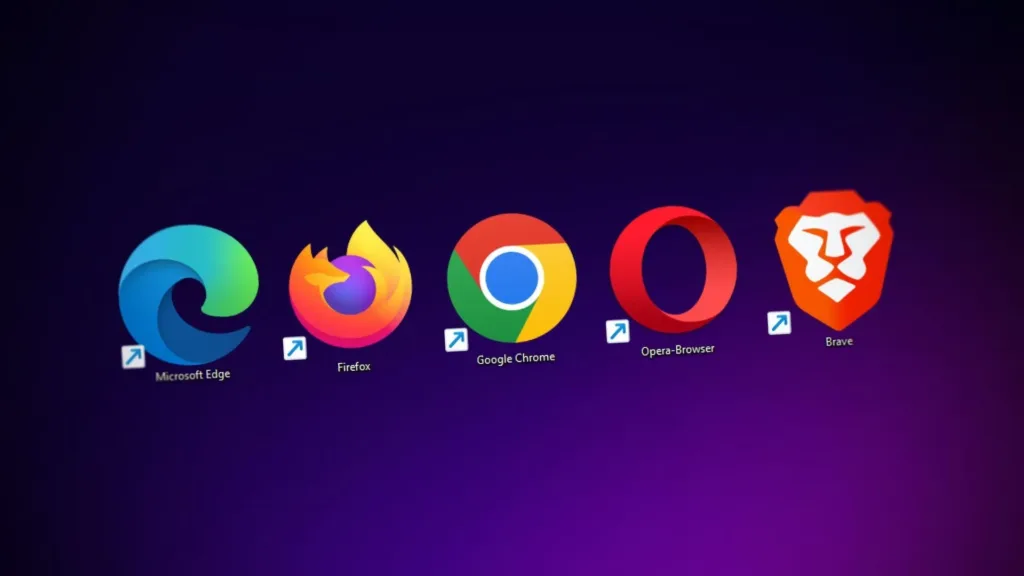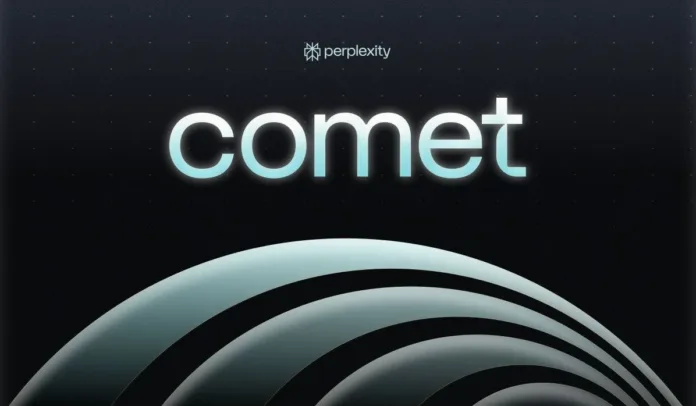The Article Tells The Story of:
- Perplexity launches Comet, a $200 AI browser with built-in assistance
- AI tools now compete directly with Chrome, Safari, and Edge
- Despite features, high pricing and user habits could block adoption
- OpenAI, Google, and others face the same challenge: getting users to care
Table of Contents
Perplexity Comet Enters the Browser Race—with a Steep Price
Perplexity has launched Comet, a new AI web browser that blends traditional browsing with advanced AI features. Built on Chromium, Comet targets premium users, starting at $200 a month, and is currently available to select subscribers of Perplexity’s Max plan.
Comet’s big promise? A built-in assistant that reacts to anything on the page. Users can highlight a sentence, word, or image, and Comet will offer real-time suggestions. It can summarize articles, help with RSVPs, or plan your vacation. Perplexity also claims that all AI processing happens locally, ensuring that user data stays private and isn’t used for AI training.
At Squaredtech.co, we see this as part of a growing trend to merge AI and daily browsing. Comet isn’t the only player. It joins a crowded space where OpenAI, Microsoft, Google, and several browser startups are also pushing AI-integrated web experiences. But unlike those options, Comet comes at a high monthly cost—something that could be a barrier for mainstream adoption.
Read More About Our Article of Perplexity AI’s Acquires Read.cv: What’s Next for the AI Search Engine? Published on January 21st, 2025, SquaredTech
Chrome Competitors Keep Failing—Can AI Change That?

The browser market is brutal. Chrome and Safari dominate over 90% of global share, while Firefox, Edge, and Brave fight for scraps. Many new browsers—from Yahoo’s forgotten attempt to Internet Explorer 6—have failed to pull users away from their defaults.
Comet faces the same uphill battle, and at a steep subscription rate, it may struggle even more. In a world where Chrome is free and fast, it’s unclear how many users will pay $200 for features they can partly access in free extensions or built-in browser tools.
That’s the biggest challenge Squaredtech sees here: AI features alone may not justify switching. Chrome already offers article summaries, AI-enhanced search, and image explanations. Microsoft Edge is deeply integrated with Copilot. Opera has Aria. Even Brave and Firefox are experimenting with built-in AI helpers.
Meanwhile, OpenAI is rumored to be developing a ChatGPT-native browser called Operator, which could change the landscape further. And Google continues to roll out new AI features into Chrome. So the question isn’t whether AI browsers are coming—they’re already here. The real question is whether anyone will switch to them.
Read More About Our Article of 9 AI Search Engines to Supercharge Your Online Searches Published on January 9th, 2025, SquaredTech
AI Browsers Need More Than Features—They Need a Reason to Exist
At Squaredtech.co, we believe that AI browsers like Comet need to do more than summarize articles. They need to prove they save users meaningful time, improve workflows, or deliver results that no current browser can offer.
The problem? Most AI browser benefits are still vague. Summarizing a page or planning a trip is helpful, but is it $200-per-month helpful? That’s the hurdle Comet and others must clear.
We’ve seen this before. New tools show promise but fade when users don’t change habits. Many people never leave Chrome because it “just works.” Convincing someone to use a whole new browser—let alone pay for it—requires more than features. It requires clear, daily value.
Privacy could be a strong angle. Comet promises local AI processing with no data used for training. That matters, especially for enterprise users. But again, most consumers aren’t actively shopping for a new browser based on privacy unless there’s a very public reason to do so.
Squaredtech is also watching how companies like OpenAI, Google, and Perplexity handle performance, compatibility, and support. If AI browsers lag behind in speed or break pages, users won’t tolerate them—no matter how smart they claim to be.
Squaredtech’s View: AI Browsers Are Promising, But Not Ready for Prime Time
AI-powered browsers are the next big experiment. But right now, they feel more like expensive novelties than serious Chrome challengers. Perplexity Comet proves it’s possible to build a browser that works like an assistant, but price and purpose still raise questions.
Will AI browsers take over? Possibly. But not until they solve the biggest problem: getting people to switch. Until then, they’ll stay niche—appealing mostly to tech enthusiasts or those willing to pay for experimentation.
If Comet can evolve quickly and show users why AI should live in the browser, not just in separate apps, it may carve out a space. But it’s facing fierce competition from every angle—including Google, OpenAI, and users’ own habits.
At Squaredtech.co, we’ll be watching this space closely. For now, AI browsers are interesting—but they have a long way to go before they’re essential.
Stay tuned: Artificial Intelligence


